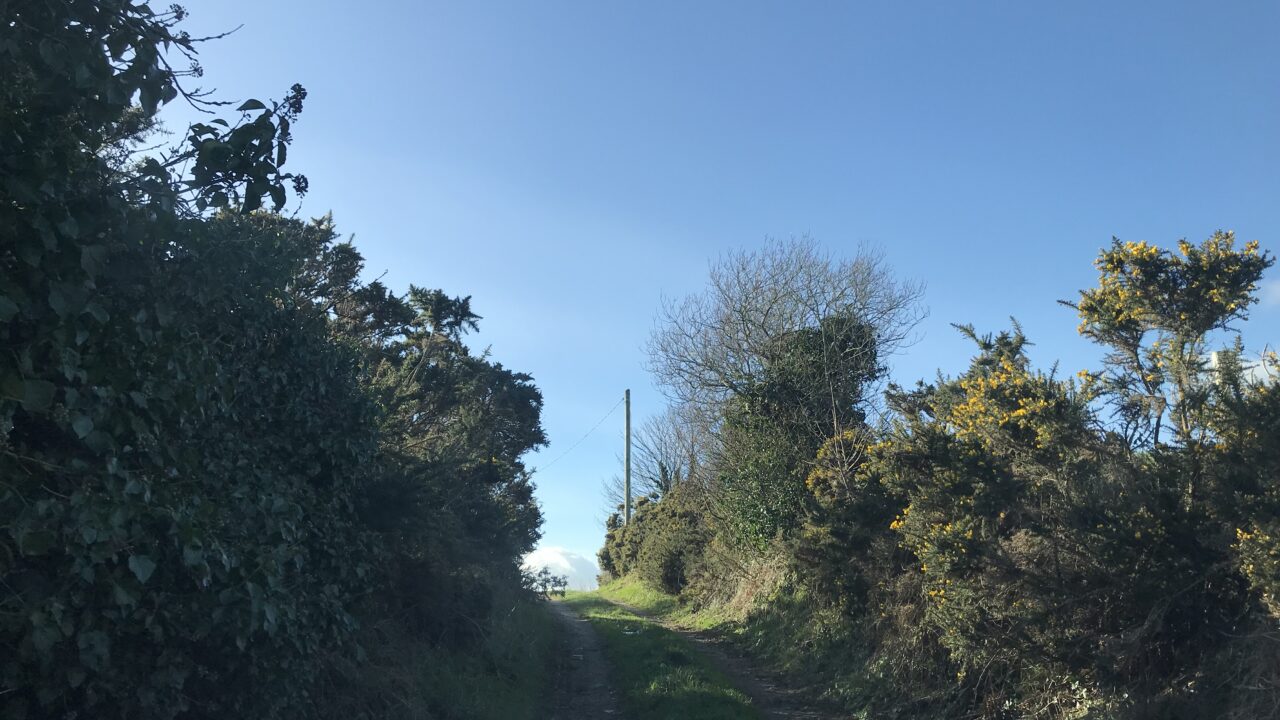Founder of the group ‘Ireland’s Future’ has moved to criticise some of the proposals contained in the next Common Agriculture Policy (CAP).
Gerry Loftus has said that some of the proposals “will give rise to a form of modern slavery for certain sectors of the farming community”.
His assertion follows an information meeting on the CAP post 2020 held by the Department of Agriculture, Food and the Marine in the Clayton Hotel, Sligo, last week where department officials addressed the topic of enhanced conditionality.
Loftus outlined: “Conditionality links farm payments to environment and climate-friendly farming practices known as ‘Good Agricultural and Environmental Conditions’ (GAEC’s).
These practices and standards are now being enhanced in the new CAP proposals to deliver a higher level of environmental and climate action.
“This includes standards for mitigating and adapting to climate change, soil protection and quality, land management, addressing water challenges and protection of biodiversity.”
Peatlands and wetlands
Loftus said: “Peatlands and wetlands have traditionally been considered unproductive even though there has been agricultural support over the decades to drain them to create more area for grazing livestock.
“Consequently, farmers in these areas tend to receive the lowest payment per entitlement.
“Whereas 19 EU member states deliver an equal flat rate to farmers per entitlement (ha), Ireland is one of the remainder who gives high rates of payments to some farmers [considered most productive during the historic reference period 20 years ago] and low rates to others [because their land is less productive for meat or dairy].”
“More accurately, the protection of these carbon rich peatlands and wetlands is going to be demanded of the most vulnerable farmers so that they might receive their low payments, while farmers who don’t have carbon rich soils won’t have the same burden to receive theirs.
Farmers must demand equal access to EU payments in the next CAP, and those farmers delivering climate, biodiversity and environmental services must be paid for providing them.
Concluding, Loftus said: “Work for no pay amounts to slavery.”
